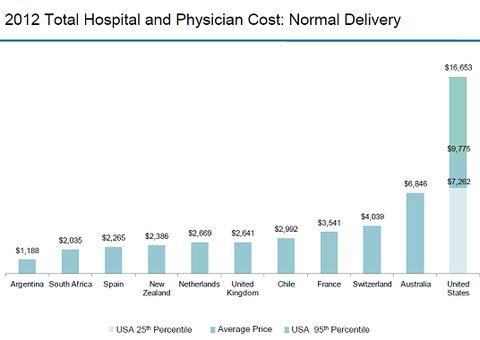pb4uski
Give me a museum and I'll fill it. (Picasso) Give me a forum ...
I don't get it. Right now if you retire, you get no subsidy. How is this different with ACA?
It seems like with ACA, you should be better off, since you might be able to get a subsidy. If not every year, then every other year if you manage your income right.
I don't see how this can be any worse than what exists today, assuming that HI policies cost about the same. But maybe I'm missing something...
I think what he is saying is that health insurance premiums will be more expensive than today (which is probably true) and if you don't qualify for the subsidy then you are worse off.
But you're right in that it might be best to take enough out of tax deferred accounts to cover multiple years of living expenses as long as the tax bite is not too much and then get the benefit of the subsidy for the years you live off that stash.


